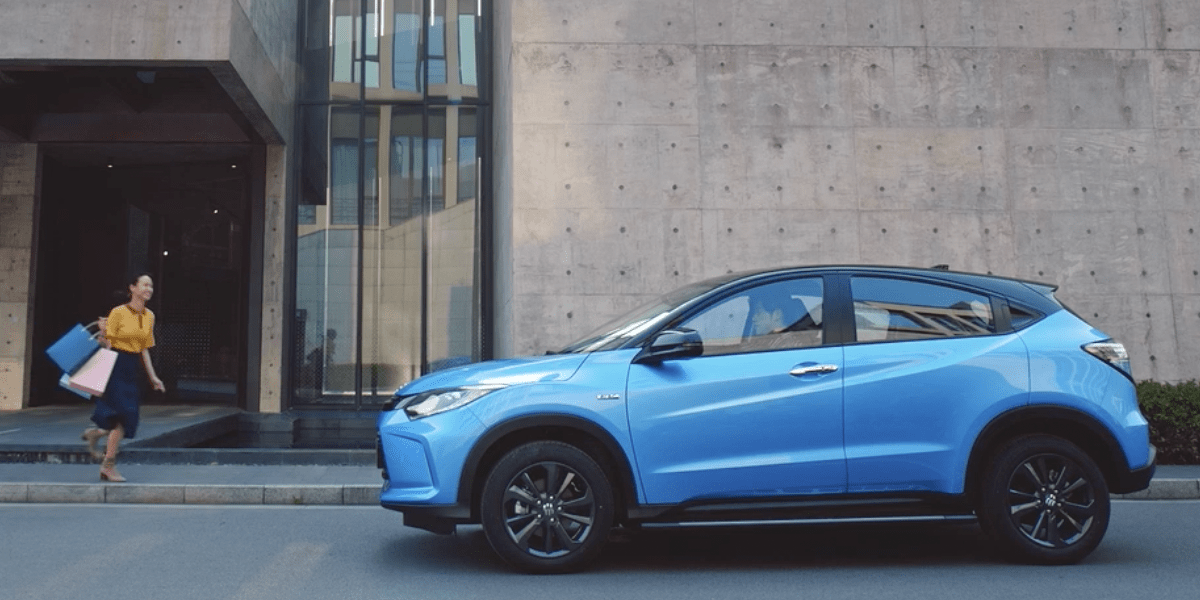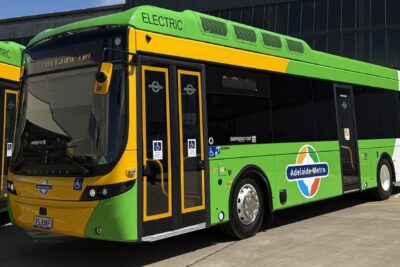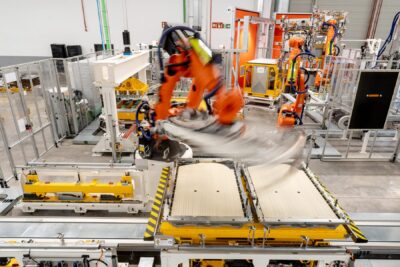China to extend EV subsidies
The Chinese government has announced that it will extend state subsidies and tax breaks for New Energy Vehicles (BEV, PHEV and FCEV) by two years until the end of 2022. Originally, the subsidies were to be terminated at the end of this year.
++ Kindly find all updates to this article below. ++
According to Caixin Global, Bloomberg Tax and other media sources, the subsidies are intended to strengthen the world’s largest market for electric cars in light of the prolonged auto sales slump and the fallout from the Covid-19 pandemic. After subsidies were cut in mid-2019, NEV sales saw a significant drop. Over 2019 as a whole, NEV sales only fell by four per cent, however, due to the strong first half of the year.
Accordingly, the government intends to continue to waive the 10 per cent sales tax on New Energy Vehicles. For gasoline vehicles, this purchase tax will continue to be levied in full, even though the Chinese Association of Automobile Manufacturers had demanded that it be reduced in view of the difficult overall situation.
The exact amount of the extended subsidy rates is not yet entirely clear. The current rates have been in effect since July 2019. 25,000 yuan (around 3,300 euros) will still be paid to buyers of electric cars with a range of at least 400 kilometres. Electric cars with a range of less than 250 km have been going completely empty since 2019. Previously, the minimum range was 150 km. Experts expect the subsidy to continue at these rates but this has not yet been officially confirmed.
In January, Miao Wei, China’s Minister of Industry and Information Technology, attempted to calm the markets after the slump: He announced that there will be “no significant cuts” in the EV subsidy this year. In February, the first reports followed that the government was considering an extension of the subsidies, which now appears to have been decided.
During the Corona crisis, weekly car sales fell by 96 per cent in some cases. The measures should enable the car market to recover from the effects of the pandemic, even if New Energy Vehicles are favoured. Bloomberg quotes a source as saying that the government is considering relaxing some emission standards in order to provide some relief for other car manufacturers. The Reuters report is a bit more specific: They write that the introduction of emission standards could be delayed by up to six months.
Update 02 April 2020: As Bloomberg reports, the electric car subsidy may not be continued at the current subsidy rates. A ten per cent reduction is being considered this year. In addition, the subsidies could only be granted for locally produced vehicles with a list price of up to 300,000 yuan (around 38,600 euros) and the minimum range for eligible electric cars could be increased from the current 250 to 300 kilometres. According to persons familiar with the matter, this is currently being examined by “various government agencies”.
Exceptions for more expensive vehicles are possible if they are equipped with “standardised replaceable batteries”. This passage would particularly help the struggling manufacturer Nio, which is currently setting up a network of battery exchange stations. Prices for the Nio ES6 currently start at 358,000 yuan, the larger ES8 costs at least 468,000 yuan. So both models would have to rely on this exception to be eligible.
With reporting by Sebastian Schaal, Germany.
caixinglobal.com, bloombergtax.com, pandaily.com, reuters.com, bloomberg.com (update)





0 Comments